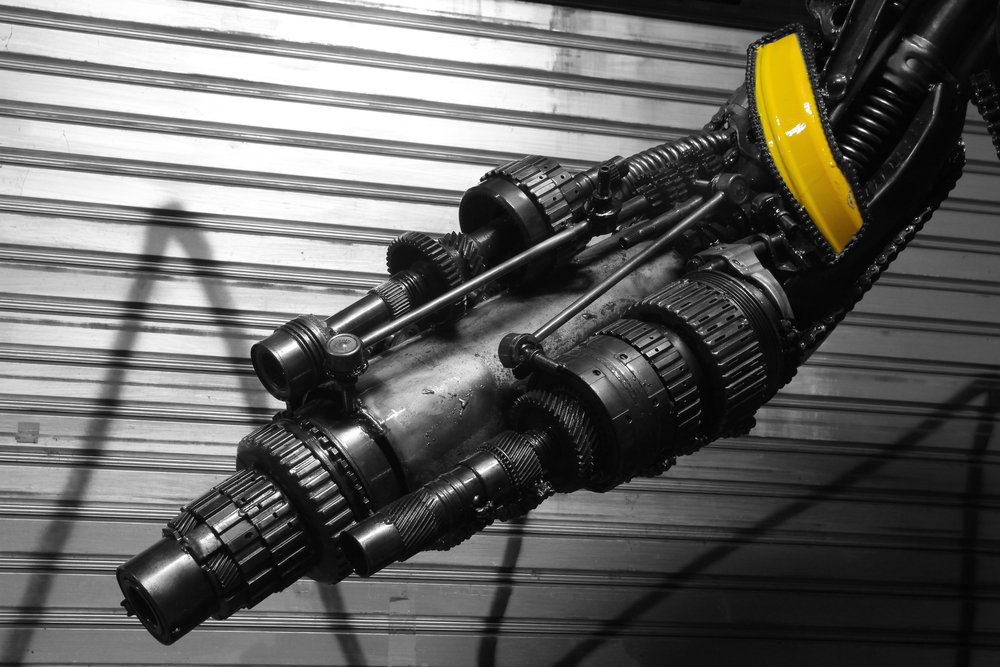If and when autonomous robots become more common in our society, things will start to change pretty quickly. Jobs will be lost in the process, albeit the robots will also enhance our lives on a daily basis. The bigger question is how much autonomy we should give these machines, as the trust issue is very real when it comes to AI-based decision making. One robotics professor is very concerned about the autonomy of robots, that much is certain.
Autonomous Robots Can Be A Real Threat
Ever since scientists suggested the creation of autonomous robots, there has been a fair amount of backlash regarding this idea. It is not uncommon to only see the negative impact such a development would have on our society, even though there are quite a few upsides as well. Harnessing AI is one thing, but using it for dangerous purposes – such as the military aspect – could lead to life-and-death situations very quickly.
Professor Toby Walsh expresses his concern for the future of autonomous robots as we know them today. In fact, he even talked to the United Nations on several occasions to warn the members about the danger this development represents. Killer robots, as unrealistic as they may sound on paper, could become a very real thing quicker than people anticipate.
To put this into perspective, Walsh is explicitly concerned over how the US military puts AI at the center of their quest for dominance autonomous land miles, missiles with AI capabilities and robot strike teams are all solutions currently being developed by the US Department of Defense. Worrying about potential job losses suddenly becomes a lot less important when realizing robots may start killing humans by the thousands soon. Robots do not need food, water, or sleep, making them the perfect killing machines.
According to Walsh, it is only a matter of years until military weapons are based on AI solutions. In fact, that change may be coming a lot sooner than people would like. Giving military weapons any degree of autonomy is a very troublesome development, as it can ultimately lead to the “Terminator” scenario. If this technology exists, it can easily fall into the hands of the wrong people. Rest assured there would be plenty of bad actors interested in this technology.
Moreover, Walsh strongly believes the US military has made up its mind when it comes to autonomous robots already. The only lingering question is how much independence they should be given. Too little independence can render them useless, yet giving them too much free reign may lead to the machines rebelling against us. It is a very fine line to walk, that much is certain. The Pentagon’s US$18bn fund for AI development will hopefully be able to address this problem in a proper manner.
These revelations highlight one of the big problems governments have to deal with when it comes to AI and robotics. On the one hand, they seem perfectly aware of the potential dangers. On the other hand, they don’t want to risk falling behind in this “technology arms race” any further than needed. Perhaps it is a bit early to envision a doomsday scenario, but Walsh’s warning should not be cast aside easily either.
If you liked this article, follow us on Twitter @themerklenews and make sure to subscribe to our newsletter to receive the latest bitcoin, cryptocurrency, and technology news.

